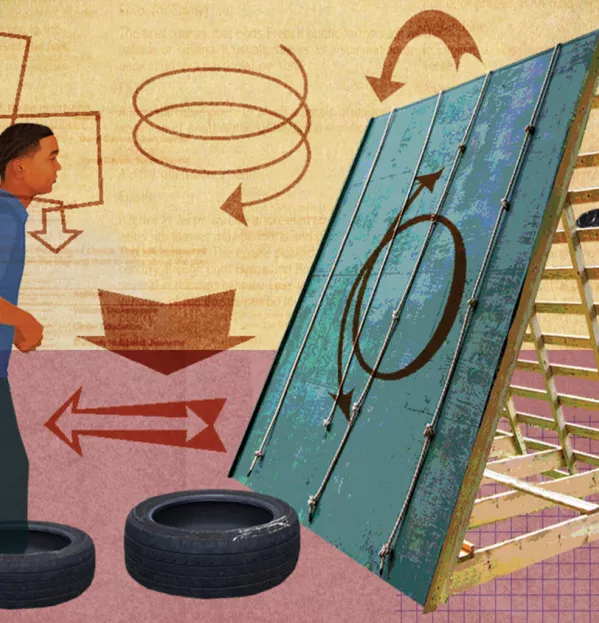As another season of public exams begins, let’s spare a thought for our hardworking students. Far from fading away from our 21st-century education system, exams are back with a vengeance.
We have ancient China to thank for inventing public examinations, originally designed to select young men to serve in the imperial government. British imperialists were so impressed with this when they came across it in the 19th century that they imported examinations wholesale into our educational culture. Recruitment into Queen Victoria’s civil service was officially based on merit determined by a standardised written exam, and, to this day, exams are justified on the basis of their meritocratic credentials.
But while exams are taken on a level playing field, they can’t level the terrain around them. Big differences in the wealth and status of each child’s parents mean that we are not all competing on equal terms with equal resources from the start. The correlation between high parental income and high achievement remains stubbornly in place.
So aspirational parents go to extraordinary lengths to help their children win the race. Getting into a high-performing school and doing well, followed by success at a prestigious university and a high-flying graduate job, is imperative.
Exams aren’t fair
Life becomes an intense struggle from early childhood, a battle to avoid the looming cliff edge of failure and grasp the laurel leaf of success. It’s no surprise then that there is a steep rise in stress and mental health problems amongst our students. The constant pressure not just to perform but also to outperform most of your peers is exhausting and debilitating. Each test becomes another high-stakes hurdle. And if success doesn’t start arriving, the problems can start to seem overwhelming.
Exams aren’t fair, except in the limited sense that a sports event is fair. A poorly resourced cycling team who have trained on second-rate equipment have little chance of beating a team who can afford the best. It’s also evident that written exams only test a narrow range of cognitive abilities. They work well for subjects that are knowledge-based, but badly for subjects that are skills-based. Our obsession with exams has contributed to a narrowing of the school curriculum and turned schools into exam production lines from key stage 3.
Worst of all, modern exams put young people under huge psychological pressure. Fail to get good grades at GCSE or A level and you’re already at risk of feeling that you’re a loser. You have only to talk to the students in FE colleges having to resit their English and maths GCSEs to get a sense of how demoralising it can be.
An education system that works for all students should encourage a wide range of talents and abilities, not just those that can be assessed by a written test. And it shouldn’t turn learning into an endless obstacle course.
Andy Forbes is principal and CEO of the College of Haringey, Enfield and North East London
